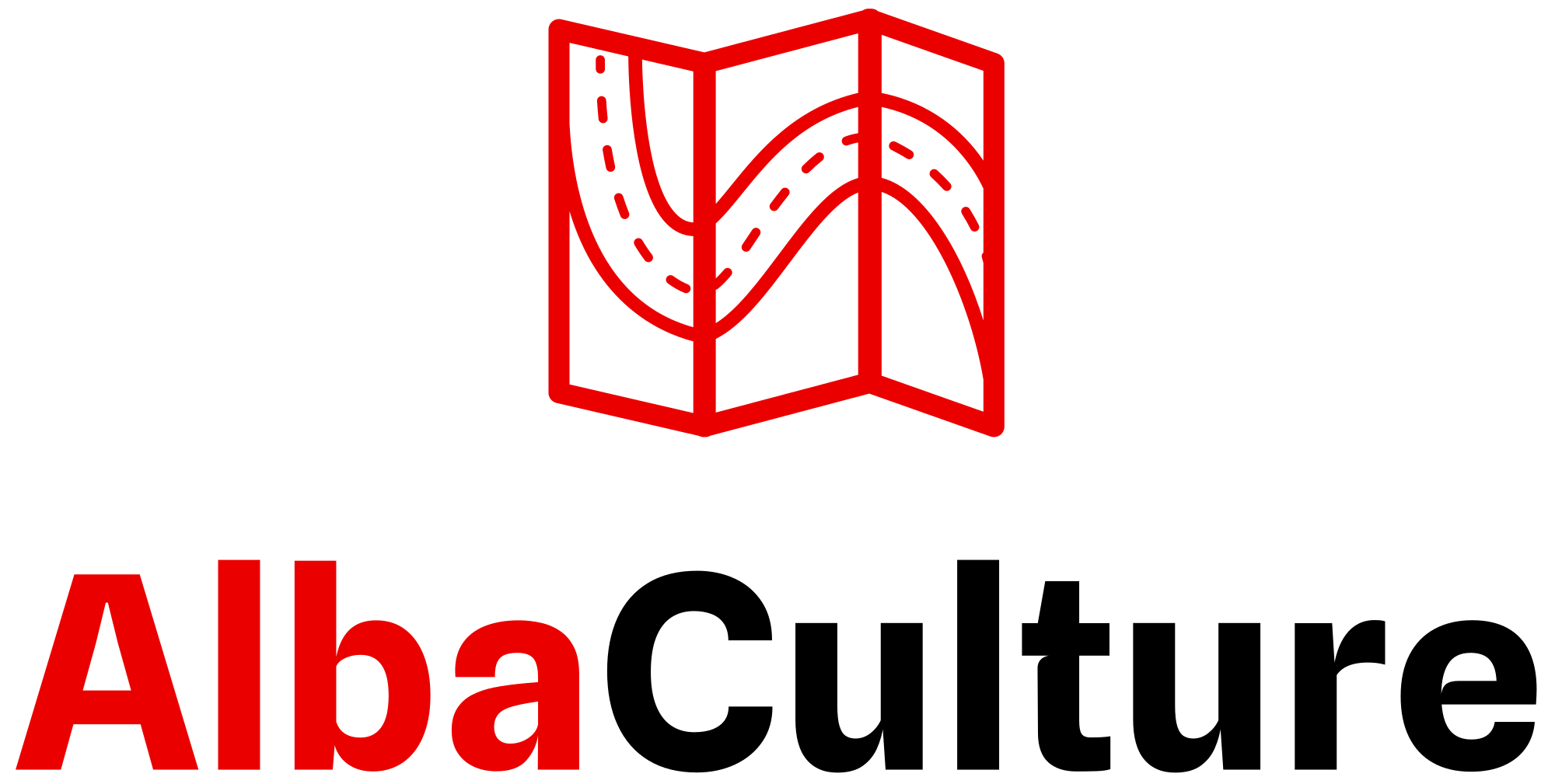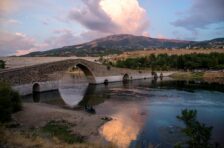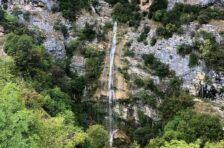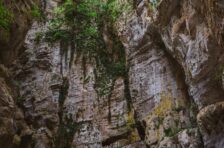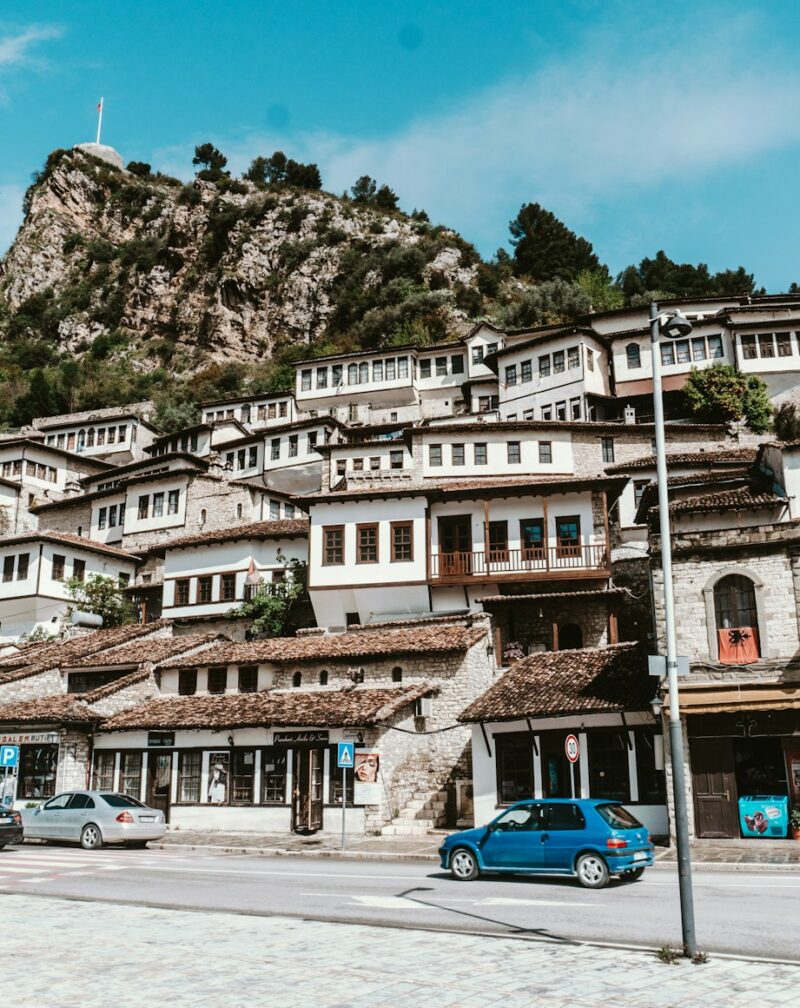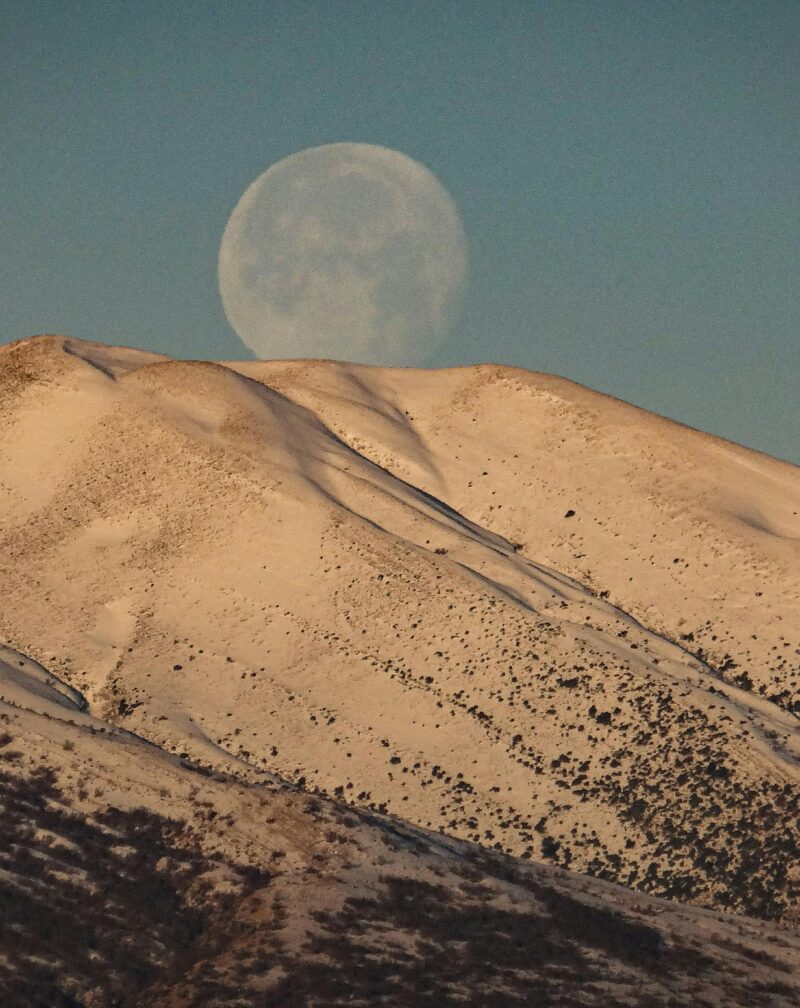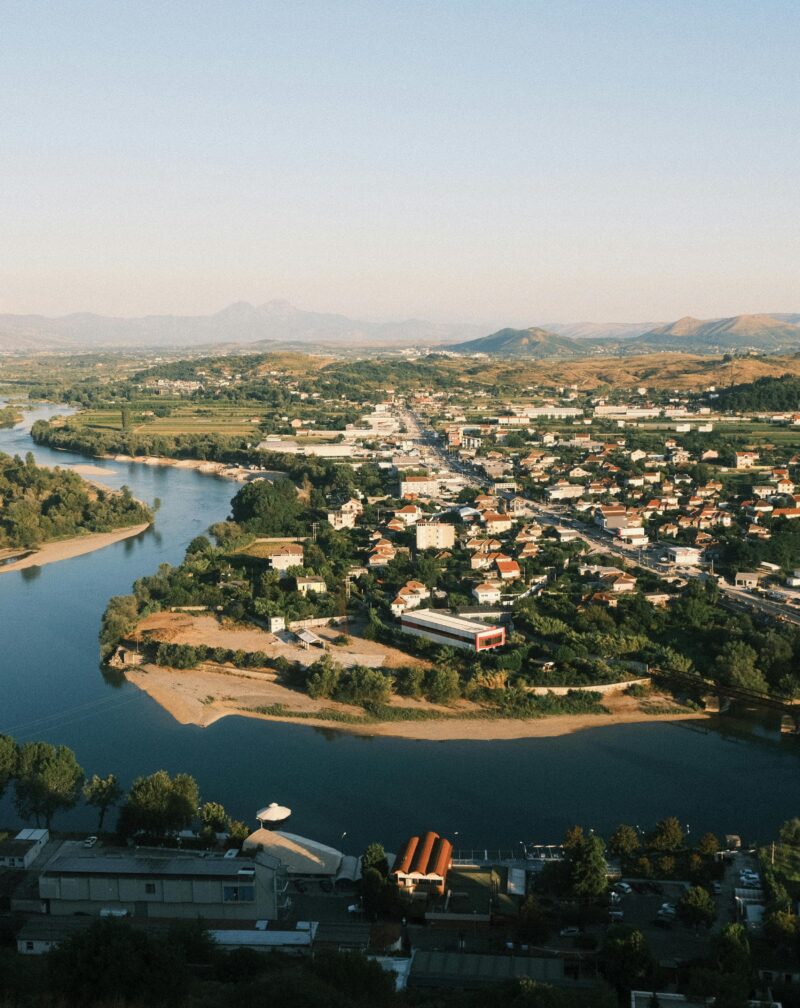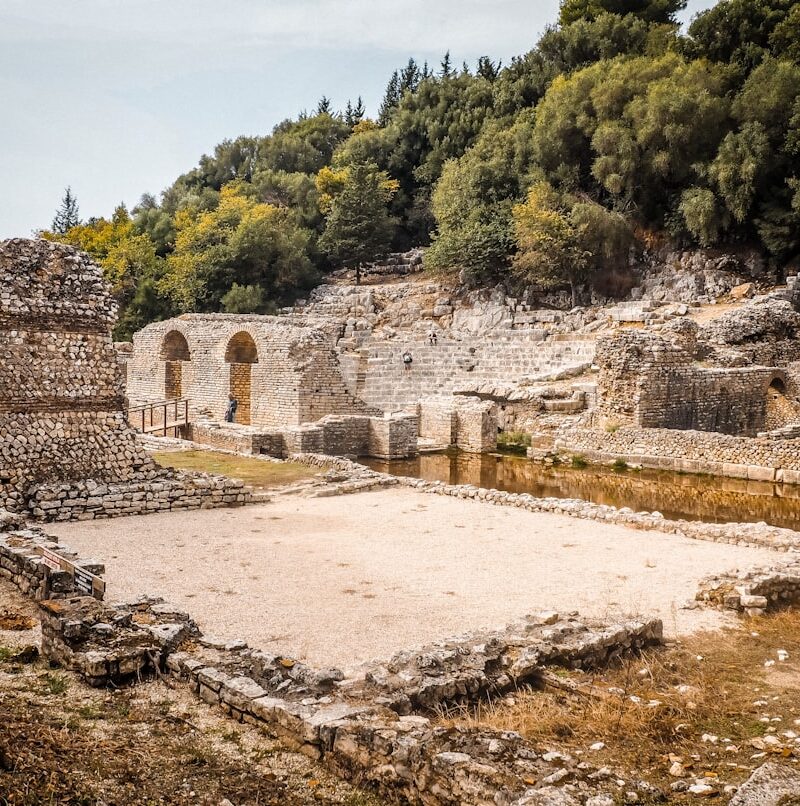Is Albania Safe? And Other Practical Questions
Albania has a reputation problem. People who’ve never visited often assume it’s dangerous, probably because of things they vaguely remember from news stories decades ago or because it just sounds unfamiliar. People who actually visit Albania almost universally report feeling safe and often surprised at how safe it feels.
The Crime Reality
Violent crime against tourists is extremely rare. Albania’s crime rate, particularly for violent offenses, is low compared to many European countries. You’re statistically safer walking around Tirana at night than in many major Western European cities.
Health Concerns
No major tropical diseases threaten Albania. Tap water in cities is generally safe to drink, though many people prefer bottled water for taste reasons. In rural areas, ask locals about water safety—some mountain springs provide excellent water, while other sources might be questionable.
Medical facilities in Tirana are decent for routine issues. Outside the capital, medical infrastructure becomes more basic. Serious medical emergencies might require evacuation to Tirana or even outside Albania.
Travel insurance covering medical evacuation makes sense. Albanian hospitals aren’t equipped for major trauma or complex procedures the way Western European hospitals are.
Pharmacies are well-stocked with common medications. Pharmacists are often helpful and many speak some English. Bring prescription medications with you, along with a copy of the prescription, since finding exact equivalents might be difficult.
Natural Hazards
Albania is seismically active. Earthquakes happen, though major ones are infrequent. If you feel an earthquake, follow standard procedures: get under a desk or doorway, stay away from windows, exit buildings once shaking stops.
Summer brings heat waves, particularly in interior valleys. Temperatures can exceed 40°C. Stay hydrated, avoid midday sun, wear protection. Heat exhaustion is a real risk if you’re not acclimatious and try to do strenuous activities in peak afternoon heat.
Mountain weather changes quickly. If you’re hiking in northern Albania or Llogara, conditions can shift from sunny to stormy rapidly. Bring appropriate gear and check forecasts.
The Ionian and Adriatic seas are relatively safe for swimming, but rip currents exist. Some beaches lack lifeguards. Don’t swim if conditions look dangerous, regardless of how inviting the water appears.
Women Traveling Alone
Female travelers generally report feeling safe in Albania. Albanian culture is traditionally protective toward guests, which extends to foreign women.
That said, basic precautions apply avoid isolated areas after dark, trust your instincts if a situation feels off, dress modestly in rural or religious areas if you want to blend in better.
Some older Albanian men might stare, particularly in villages where foreign women are uncommon. It’s usually curiosity rather than threat, though it can feel uncomfortable.
LGBTQ+ Travelers
Albania is socially conservative regarding LGBTQ+ issues, though gradually becoming more accepting, particularly among younger urbanites. Public displays of affection between same-sex couples might attract attention or negative reactions, especially outside Tirana.
Tirana has a small LGBTQ+ scene and general acceptance is better there. In smaller towns and villages, discretion is probably wise. Violence against LGBTQ+ tourists is rare, but you’re unlikely to see open acceptance either.
Political Situation
Albania is politically stable. It’s a NATO member and EU candidate country. The government functions through democratic elections. Political protests happen occasionally in Tirana but rarely affect tourists.
The Kosovo issue doesn’t really affect visitors. Albania and Kosovo have close friendly relations, and you can travel between them without issues regardless of your nationality (exceptions apply for Serbian passport holders due to Kosovo’s status).
Corruption and Police
Police corruption, once a significant problem, has decreased dramatically. Most interactions with police are straightforward and professional. That said, traffic police sometimes look for minor violations to extract fines from foreign drivers. Drive carefully and follow the rules.
If police stop you, remain polite and cooperative. They can request identification, which you should provide. Don’t offer bribes—this can create serious problems and isn’t necessary for normal interactions.
Terrorism Risk
Albania has extremely low terrorism risk. No significant terrorist incidents have targeted Albania in recent memory. Security is taken seriously at major sites and borders.
Stray Animals
Stray dogs are common in some areas, particularly rural regions and city outskirts. Most are harmless, but some can be territorial or aggressive. If dogs approach aggressively, don’t run—back away slowly while facing them. Rabies exists in Albania, though cases are rare. If bitten, seek medical attention immediately.
Embassy Information
Know your embassy’s location and emergency contact number. Most embassies are in Tirana. Smaller countries might be represented through consulates or covered by neighboring country embassies.
Embassy services are limited but include assistance if you’re arrested, hospitalized, lose your passport, or face serious trouble. They can’t bail you out financially or override Albanian law.
Emergency Numbers
- Police: 129
- Ambulance: 127
- Fire: 128
- General emergency: 112
English-speaking operators aren’t guaranteed, particularly outside Tirana. Having basic phrases or a translation app helps in emergencies.
General Travel Sense
Most safety advice for Albania is identical to travel anywhere: be aware of your surroundings, don’t leave valuables visible in cars, avoid looking like an obvious tourist target, trust your instincts, and keep copies of important documents separate from originals.
Albanians are genuinely hospitable. If you’re lost or need help, asking locals usually results in enthusiastic assistance. People go out of their way to help tourists, sometimes embarrassingly so.
The biggest danger in Albania is probably traffic, followed by heat in summer, followed by a risk that exists anywhere people gather. Serious crime against tourists is rare enough to be newsworthy when it happens.
Should you be cautious? Sure. Cautious like you’d be in any foreign country, not paranoid.



